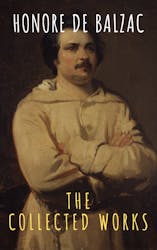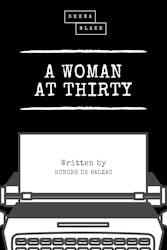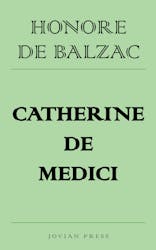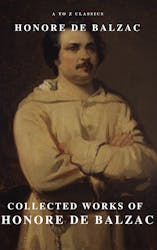A Distinguished Provincial at Paris is the second volume of Honore de Balzac's Lost Illusions trilogy. In it, Balzac masterfully revisits one of his most commonly called-upon themes: the harsh realization that someone who is distinguished and revered in their small hometown may be an invisible nonentity amidst the hustle and bustle of the big city. Honore de Balzac (20 May 1799 – 18 August 1850) was a French novelist and playwright. The novel sequence La Comédie Humaine, which presents a panorama of post-Napoleonic French life, is generally viewed as his magnum opus. Owing to his keen observation of detail and unfiltered representation of society, Balzac is regarded as one of the founders of realism in European literature. He is renowned for his multi-faceted characters; even his lesser characters are complex, morally ambiguous and fully human. Inanimate objects are imbued with character as well; the city of Paris, a backdrop for much of his writing, takes on many human qualities. His writing influenced many famous writers, including the novelists Emile Zola, Charles Dickens, Gustave Flaubert, Jack Kerouac, and Henry James, filmmakers Akira Kurosawa and Eric Rohmer as well as important philosophers such as Friedrich Engels. Many of Balzac's works have been made into films, and they continue to inspire other writers. An enthusiastic reader and independent thinker as a child, Balzac had trouble adapting to the teaching style of his grammar school. His willful nature caused trouble throughout his life and frustrated his ambitions to succeed in the world of business. When he finished school, Balzac was apprenticed in a law office, but he turned his back on the study of law after wearying of its inhumanity and banal routine.
A Distinguished Provincial at Paris
Commencez ce livre dès aujourd’hui pour 0 €
- Accédez à tous les livres de l'app pendant la période d'essai
- Sans engagement, annulez à tout moment
Auteur(e) :
Langue :
anglais
Format :

The Human Comedy : A Monumental Collection of 19th-Century French Literature in One Volume

Sarrasine

Scènes de la vie privée

A Daughter of Eve

Collected Works of Honore de Balzac. Illustrated : The Complete Human Comedy, Father Goriot, Eugenie Grandet, Cousin Betty and others

The Collected Works of Honore de Balzac

A Woman at Thirty

A Second Home

A Start in Life

Catherine de Medici

Collected Works of Honore de Balzac with the Complete Human Comedy
